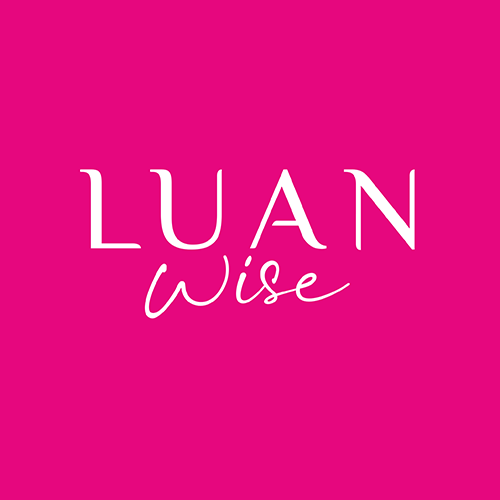In the world of social media marketing, the past decade has witnessed the rise of influencers. These are individuals with the power to shape consumer demand and create brand connections. Influencer marketing has become a powerful tool for advertisers and influencers, generating a symbiotic relationship that drives consumer purchasing decisions. However, in recent times, a significant shift is taking place – the emergence of de-influencing. De-influencing is a trend that is reshaping the landscape of consumer choices and autonomy in the social media space.
Understanding De-Influencing
De-influencing takes a contrasting approach from traditional influencing. According to Influencer Marketing Hub, de-influencing is a trend that involves influential social media personalities telling their followers what not to buy and which brands to avoid. It empowers content creators to offer honest reviews and opinions about products. As a result, it challenges brands on various issues like unethical labour practices and environmental impact. The trend emphasises the importance of authenticity in influencer marketing, as consumers have become more discerning about paid endorsements lacking genuine enthusiasm.
The world of influencing emerged as a novel industry, with consumers initially being less aware of the monetary aspects involved. In the early days, regulations regarding disclosure of relationships between influencers and brands were virtually non-existent, leading to a lack of transparency. Influencers could promote products without clearly indicating if they were being paid or gifted by the brand. However, with the growing influence of social media and its impact on consumer behaviour, authorities like The Advertising Standards Authority (ASA) and The Committee of Advertising Practice (CAP) stepped in to ensure transparency and protect consumers.
Today, influencer marketing has evolved into a more regulated space, with guidelines in place to disclose the relationship between influencers and brands. Brands are increasingly adopting influencer agreements to formalise partnerships, ensuring both parties are aligned on content creation, promotion, and disclosure.
Consumers are now turning to de-influencing creators for unbiased and unfiltered product reviews and recommendations, making them viable partners for brands seeking to establish trust with their target audience.
Why Brands Should Take Note
So, why should you care about this trend? The growing popularity of de-influencing holds important implications for brands and their marketing strategy. Credibility, authenticity, and consumer awareness are becoming increasingly critical as consumers demand transparency and conscious purchasing choices. Followers who trust the reviews and opinions of an influencer hold immense value for brands compared to those who follow influencers solely promoting products they love. Trusted followers are more likely to engage with the influencer’s content and consider their recommendations seriously. Then, they typically act upon them, resulting in higher conversion rates and sales for the brand.
The influencer builds a relationship with their trusted audience on authenticity and transparency. This can lead to a deeper connection and stronger brand loyalty. In contrast, followers of influencers who only endorse products they love might be more susceptible to influencer fatigue, as they perceive the content as purely promotional rather than genuine recommendations. Brands aiming for long-term success should prioritise partnerships with influencers who garner trust and credibility among their followers, as these influencers have the power to drive meaningful engagement and foster lasting relationships with consumers.
Embracing the De-Influencing Movement
As social media marketers, it’s crucial to adapt to changing consumer behaviours and trends. De-influencing is not a fad. Instead, it reflects a growing desire among consumers to take control of their choices and make informed decisions.
By acknowledging and incorporating the principles of de-influencing into marketing strategies, brands can demonstrate their commitment to authenticity and responsibility. The shift toward conscious purchasing is a movement that brands can constructively engage with. This ultimately leads to a more sustainable and trustworthy relationship with customers.
In conclusion, the rise of de-influencing marks a turning point in social media marketing. It reflects the growing autonomy of consumers in making purchasing choices and the demand for authentic and responsible brand interactions. As social media professionals, it’s recommended to embrace this trend. Align with the values of your audience, and build lasting connections based on trust, transparency, and sustainability.

